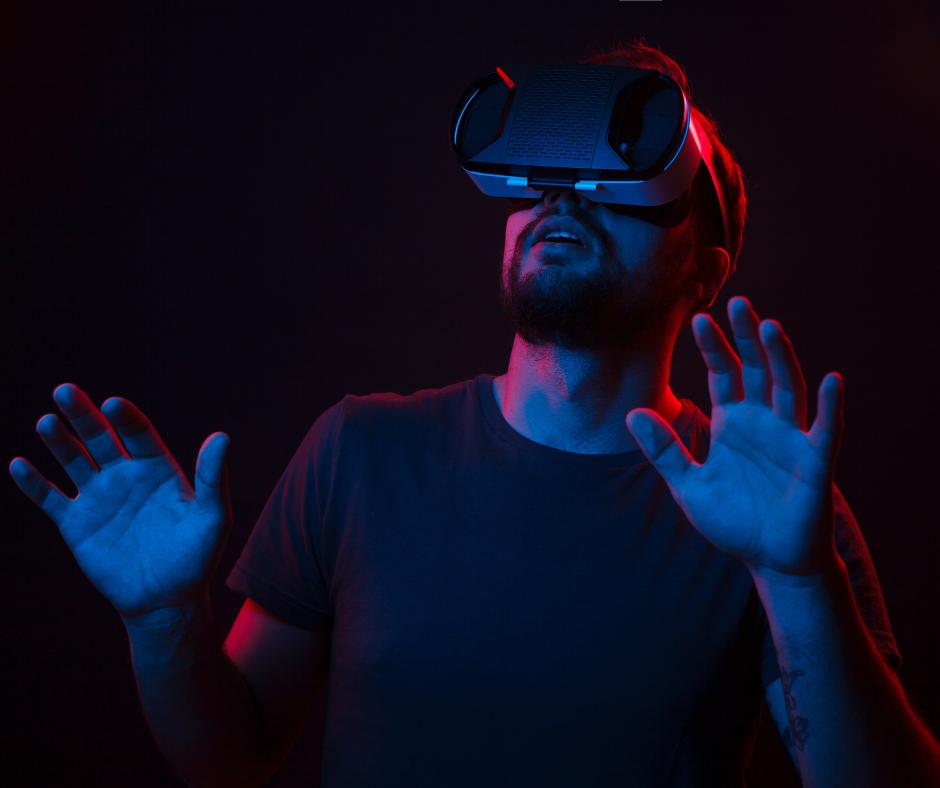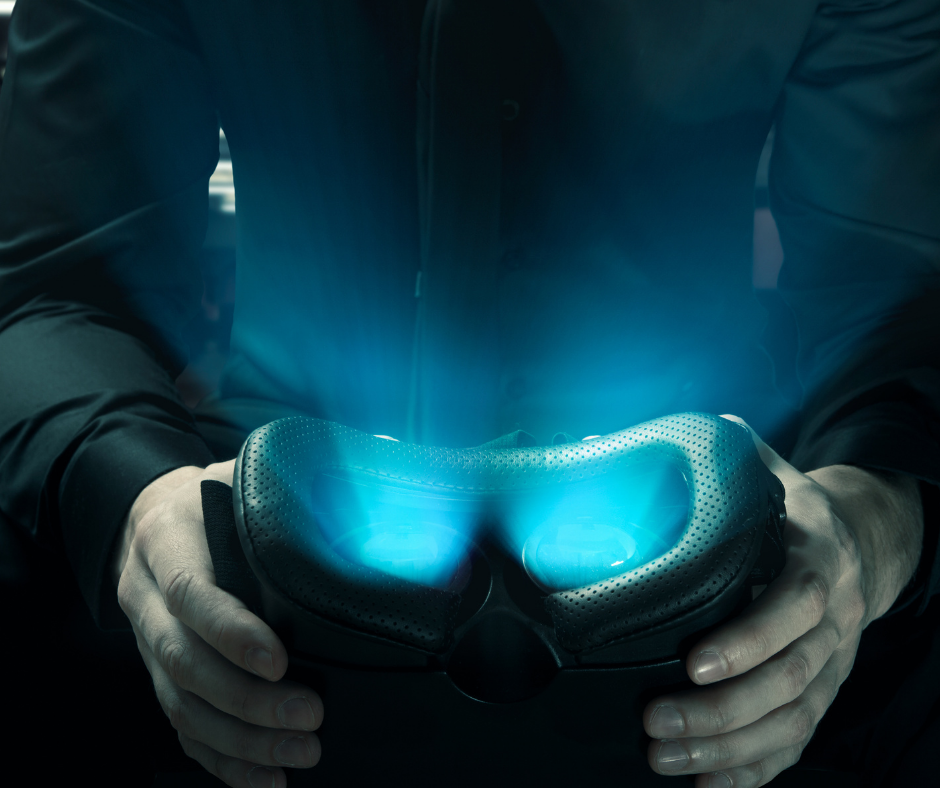Are you addicted to VR gaming?
Virtual reality is a thing of the present. It only gained broad public appeal in the last ten years, but if you think about the history of technology, you will realize that it has been about since the late 1960s. Morton Heilig, who many people consider to be the true father of virtual reality, developed the Sensorama in 1967. This machine was built to give the user the feeling of 3D. To use the device, the user would place their head in a box, and the images they wanted to see would be projected around them using a projector. This would signal the start of the VR Gaming Addiction and continue into 2021.
Virtual technology continued to develop throughout the 70s and 80s, but it could not reach the average consumers due to it not being what it is today. Virtual reality was entered into the consumer space in 2012 by Oculus Rift. While we understand that virtual reality has shown the advancement of technology, we must also understand the negative impacts of virtual reality gaming addiction and how this addiction can be treated.
What VR gaming looks like in 2021:
According to Lenovo, “there are subsets of virtual reality gaming that use related technologies called augmented reality (AR) and mixed reality (MR), where virtual elements are placed into the player’s real-world as viewed through a headset or camera. There are individual virtual reality games and multi-player, online virtual reality games. Some VR games (which for purposes of this FAQ include games based on VR, AR, and/or MR) place players in physical combat environments, while others involve less confrontational pursuits, such as auto racing and acrobatic flying. Other VR games challenge players – either alone or with others – to solve problems, move objects, or explore new places.” (What is VR Gaming?, n.d.)
Where VR games are in use:
- High-end computers and laptops.
- Game consoles such as PlayStation and Xbox.
- Standalone gaming product.
Most common VR accessories:
- Motion-control headsets.
- 3D goggles.
- Hand-based controller.
- Motion detector controller.
- Gaming gloves.
The most popular genres of video games:
- Action
- RPG (role-playing games)
- Shooting

The symptoms of VR gaming addiction:
VR gaming addiction falls under the category of behavioral addiction. Like with all other addictions, regardless of adverse consequences, the use of the substance/thing continues.
What sets an addiction apart from a non-harmful activity or hobby is the signs that the quality of life that a person is an experience is now suffering because of their engagement and use of the substance/thing. Some of the addictive behavior qualities that you might experience or see in a loved one are as followed:
- Not performing tasks or obligations that need to be done
- Ignore any issues that have arisen as a result of video games.
- No want to engage with family or friends “offline” or “face-to-face.”
- A strong feeling of frustration when you are unable to participate in the activity.
The risks of VR addiction:
“The negative impacts of VR gaming addiction are like any other media addiction. As with any media addiction, playing VR games for hours can cause serious mental illnesses such as depression, anxiety, attention deficit disorder, and in many cases, autism spectrum traits and features, obesity, sleep problems, and increased aggression.” (M. . Romano, 2013)
In a study conducted by the Higher Colleges of Technology, it was found that the impacts of virtual reality addiction can affect both children and adults. The research from that study also believes that the significant effect of playing VR for long hours is the possibility of brain damage. The person engaging in virtual reality will not distinguish between face-to-face reality and that of a virtual world.
When it came down to physical pain, most of the surveyed gamers mentioned neck problems because they would stay in one position for prolonged periods. (Rajan, 2018)
Many people experience a problem that now has the name “VR Sickness.” Those in the gaming world have adopted this term to explain the symptoms one feels when overwhelming their system with virtual reality games.
VR Sickness Symptoms:
- Nausea
- Dizziness
- Disorientation
- Motion-sickness symptoms.
Why does VR sickness happen? It is due to the nature of virtual reality. The users’ eyes process the actions happening in the game as reality and send a message to their brain that they are walking while their body is receiving the message that they are standing or sitting still.
According to an article published by the Washington Post, “VR sickness is the reason some users fall over or get sick with more traditional, smooth movement systems (i.e., you push a control stick and move forward, like in a traditional first-person game). Pixel velocity is an example of one of the many issues that cause VR sickness. The speed of pixels moving across your field of vision is different to the speed of the player. While similar to the feeling of seeing movement while standing still, pixel velocity accounts for when the world rushes around the player or provides a sense of falling or movement even when the player is represented as still in the game.” (Virtual Reality 2021, 2021)
Online for too long: What is next?
VR Addiction Help
So, we have learned that VR has become popular in the last ten years. Since then has kept growing at a speed that sometimes even technology cannot keep up with. We also know what the effects on a person’s mental and physical state can be. So, what are the treatment options for VR gaming addiction? Can a person receive VR gaming addiction help?
The treatment for this addiction will be complex because treatment for behavioral addictions tends to be extraordinarily complex. Professionals have seen that coming to terms with the idea of breaking an addiction that society finds “acceptable.” You face the issue of being enticed by the world around you to continue engaging in the use.
There will be three primary steps here at Omega recovery to break the cycle of behavioral addiction. First, you will learn about your condition and everything that comes along with it. Second, you will work with the counselors and staff to make a plan that works for you. That helps you reach the goals that you have set for yourself. Third, you will implement the changes into your life with support. Until you develop the skills to do it mainly independently.
The gaming world is advancing at such an incredible pace, and thankfully we have the professionals who have been able to keep up with it to understand what you are dealing with entirely.
If any of these words have resonated with you and you want to learn more about our program. Contact us today. We can be reached at (512) 601-5407, or you can e-mail us at intake@omegarecovery.org.
If you feel like you are not ready to reach out but want to learn more about gaming addiction, please visit: Gaming Addiction Treatment








